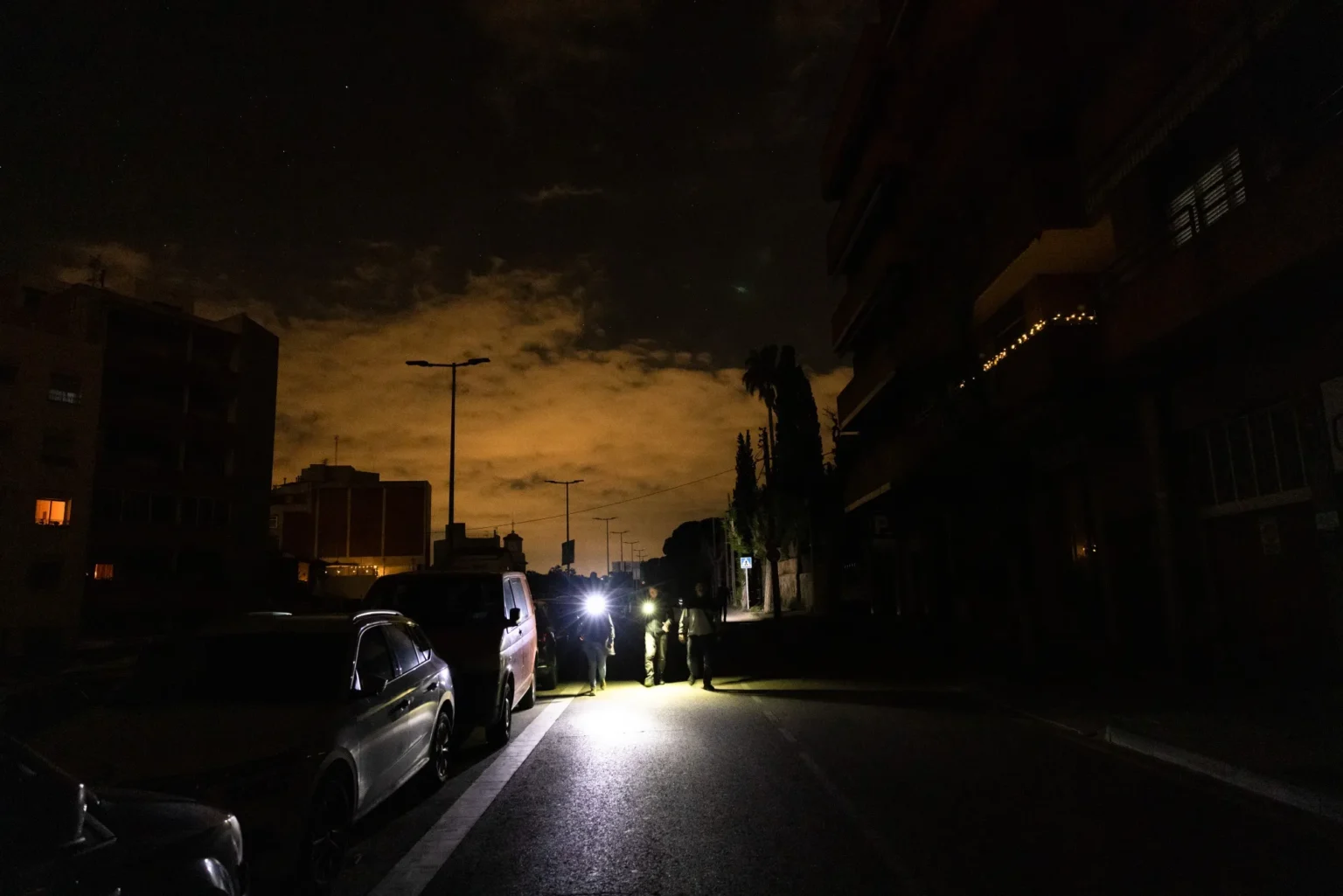Morocco aims to achieve more than 52% renewable energy in its electricity mix by 2030. However, the energy transition, as virtuous as it may be, is not without challenges. Spain has recently experienced a bitter lesson with a massive outage, the cause of which, although still undetermined, has reignited debates about the technical and security limits of networks with a high green component.
In February 2024, the company Redeia, which oversees Red Eléctrica Española (REE), had already unveiled a point of vulnerability: the rapid increase in intermittent sources like solar and wind, combined with the closure of conventional power plants (nuclear, gas, coal), risks creating critical imbalances in network management. The warning was included in a 380-page report, highlighting that the rise of renewables is accompanied by a loss of what engineers call “firm generation” – that is, the guaranteed capacity available at any moment.
This phenomenon, coupled with smaller and less adaptable installations, makes the network more vulnerable to sudden fluctuations in supply or demand. Additionally, there is a growing threat: that of cyberattacks targeting the energy sector’s IT systems. Redeia did not rule out this risk in its projections, although REE has since dismissed this hypothesis to explain last month’s outage.
But should we blame green energies for this? Beatriz Corredor, president of Redeia, rejects this interpretation. She insists that renewables “operate safely and stably” and that the risks mentioned in the report relate more to regulatory requirements than to current reality. In other words, these are precautions to take, not accusations.
This controversy, although localized, transcends Iberian borders. It directly concerns Morocco, which is investing heavily in green energies. While the trajectory is deemed unavoidable for economic, climatic, and geostrategic reasons, it also requires a complete rethinking of electrical infrastructures, anticipating production peaks, and integrating reliable storage or backup technologies.
Thus, the Spanish outage serves more as a warning than a trial. Yes, the transition is necessary. But it must be accompanied by a profound transformation of the electrical system, from network management tools to resilience measures against unforeseen events. Otherwise, climate ambitions could clash with the physical realities of electricity.


